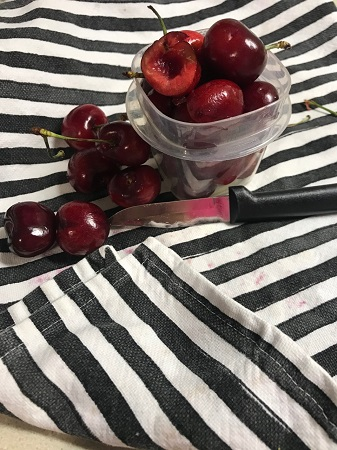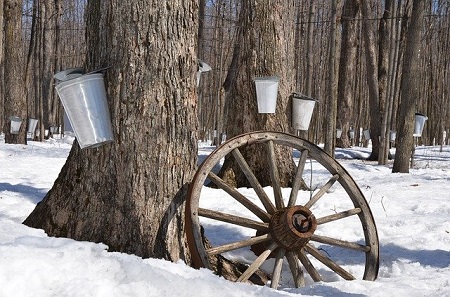In One Ear and Out the Other
 Many people wonder if anyone hears what they say. Their words seem to go in one ear and out the other.
Many people wonder if anyone hears what they say. Their words seem to go in one ear and out the other.
- Children ignore or forget what parents say.
- Students fail to remember or do what teachers say.
- Husbands or wives declare they did not hear their spouse’s words.
- Pets pay no attention.
Those to whom they speak:
- Hear noise
- May hear words
- Fail to hear the message
In one ear and out the other means people do not hear or quickly forget what another person says.
It often implies they do not listen or pay attention.
Occasionally it refers to selective hearing — hearing what they want to hear and ignoring the rest. Other times, people pay no attention to anyone whose beliefs differ from theirs.
Too many distractions cause many messages to go in one ear and out the other.
Distractions result from:
- Multi-tasking — trying to do too much at the same time
- Focusing on phones, television, books, or other interests rather than the person talking
People usually hear and remember if they stay all ears.
They focus totally on the person talking. They listen with their eyes as well as their ears. That kind of attention shows respect for the speaker and the speaker’s message — a good plan for anyone.
“Ears that hear and eyes that see—the Lord has made them both” (Proverbs 20:12 NIV).
Thanks to Emily Akin for the suggestion and Mary Lou Rafferty for the photo.
Do you have an expression you want explained? If so, please comment below.
Subscribe to receive my weekly posts by email and receive a free copy of “Words of Hope for Days that Hurt.”
If you enjoyed this post, please share it with your friends.
 Have you noticed how often we change our lives? We try to improve ourselves, other people, or our possessions. A desire to improve can be a wonderful idea. However, if it ain’t broke, don’t fix it. (I apologize for the poor grammar, but that is the way we say it.)
Have you noticed how often we change our lives? We try to improve ourselves, other people, or our possessions. A desire to improve can be a wonderful idea. However, if it ain’t broke, don’t fix it. (I apologize for the poor grammar, but that is the way we say it.) After I told a friend of recent family health problems, she said, “Oh, my goodness, Diana. You have sure been through the wringer.” Life has certainly felt that way.
After I told a friend of recent family health problems, she said, “Oh, my goodness, Diana. You have sure been through the wringer.” Life has certainly felt that way. Many in the world have faced difficult circumstances in recent days. A few describe their situation as the pits.
Many in the world have faced difficult circumstances in recent days. A few describe their situation as the pits. “Stay right there. I’ll be back in a jiffy.” I wonder how many parents have said that to a child. Or how many spouses have said that to one another. They don’t want the person to move. They will return quickly
“Stay right there. I’ll be back in a jiffy.” I wonder how many parents have said that to a child. Or how many spouses have said that to one another. They don’t want the person to move. They will return quickly My grandmother often said, “That doesn’t amount to a hill of beans.” In other words, it is not worth much.
My grandmother often said, “That doesn’t amount to a hill of beans.” In other words, it is not worth much. For many of us, our nose runs like a sugar tree all year. A related expression says our nose runs like a sieve. However we say it, we feel a little
For many of us, our nose runs like a sugar tree all year. A related expression says our nose runs like a sieve. However we say it, we feel a little  Like several animals (and a few people) dogs can be dangerous when suddenly wakened. Therefore, we usually let sleeping dogs lie. We leave them alone to sleep in peace.
Like several animals (and a few people) dogs can be dangerous when suddenly wakened. Therefore, we usually let sleeping dogs lie. We leave them alone to sleep in peace. Last week we looked at
Last week we looked at  Many of us live with cold feet. We don’t need winter, snow, or freezing rain. Our feet stay cold any time of year in any kind of weather.
Many of us live with cold feet. We don’t need winter, snow, or freezing rain. Our feet stay cold any time of year in any kind of weather.